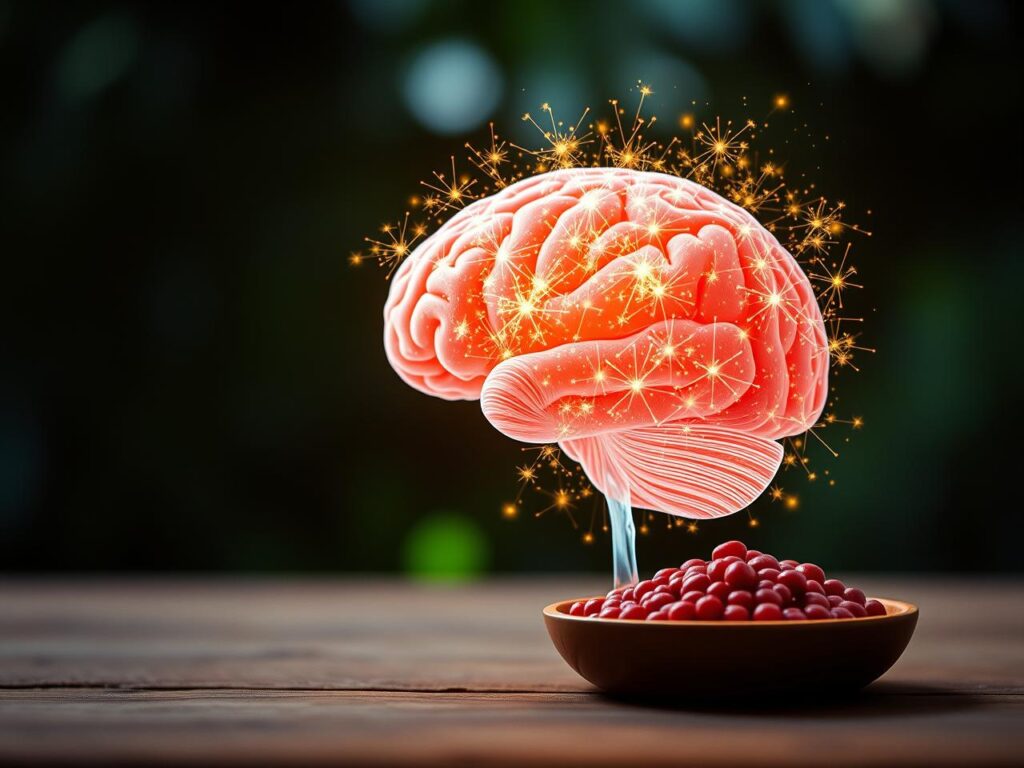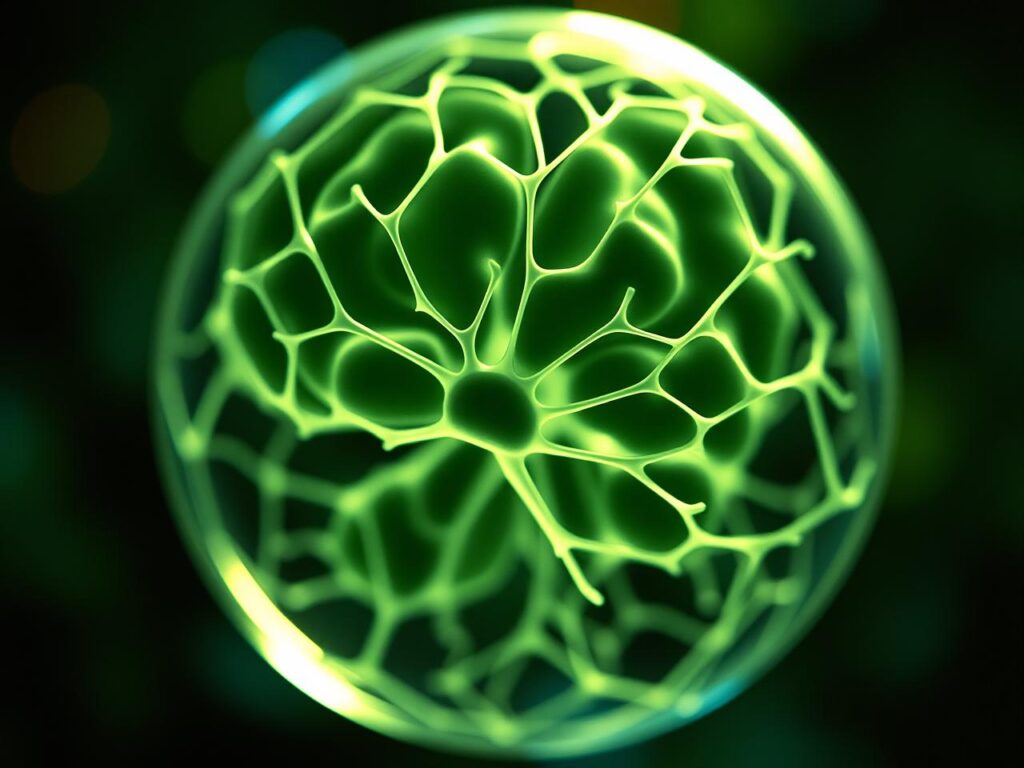Neuro-Nutrition: How Food Can Rewire Your Brain for Better Mental Health
Neuro-nutrition is an emerging field that examines the relationship between nutrition and brain health. This discipline explores how dietary choices affect cognitive function, mood, and overall mental well-being. The core principle of neuro-nutrition is that the foods we consume have a direct impact on brain function and structure.
Research in neuro-nutrition has revealed that specific nutrients play crucial roles in maintaining optimal brain health. For example, omega-3 fatty acids, found in fish and certain plant sources, are essential for brain cell structure and communication. Antioxidants, present in fruits and vegetables, help protect brain cells from oxidative stress.
B vitamins, particularly B12 and folate, are vital for neurotransmitter production and cognitive function. The field also investigates how dietary patterns may influence the risk of developing neurological and psychiatric disorders. Studies have shown that diets high in processed foods and sugar may increase the likelihood of depression and cognitive decline, while Mediterranean-style diets rich in whole foods may offer protective benefits.
Neuro-nutrition emphasizes the importance of a balanced diet that provides essential nutrients for brain health. This includes consuming a variety of fruits, vegetables, whole grains, lean proteins, and healthy fats. Hydration is also a key factor, as even mild dehydration can affect cognitive performance and mood.
As research in neuro-nutrition continues to advance, it offers potential for developing targeted dietary interventions to support mental health and cognitive function across the lifespan. This field may contribute to strategies for preventing and managing neurological and psychiatric disorders through nutritional approaches.
Key Takeaways
- Neuro-nutrition focuses on the impact of food on brain health and mental well-being.
- The gut-brain connection highlights how food can affect mental health and cognitive function.
- Essential nutrients like omega-3 fatty acids, antioxidants, and vitamins are crucial for brain health.
- Foods like fatty fish, berries, and leafy greens support brain function and mental well-being.
- Processed foods and sugar can have a negative impact on mental health and should be limited in the diet.
The Gut-Brain Connection: How Food Affects Mental Health

The Gut Microbiota’s Influence on Brain Function
Research has shown that the gut microbiota produces neurotransmitters and other signaling molecules that affect mood, cognition, and behavior. This highlights the significant role that the gut microbiota plays in regulating our mental health.
The Gut-Brain Axis and Inflammation
The gut microbiota also plays a crucial role in regulating inflammation, which has been linked to various mental health disorders. The gut-brain axis, which encompasses the communication between the central nervous system and the enteric nervous system of the gut, is influenced by the food we eat. Certain foods can either promote a healthy gut microbiota and a balanced gut-brain axis or disrupt the delicate balance, leading to potential negative effects on mental health.
Nourishing a Healthy Gut for Better Mental Health
Understanding the gut-brain connection highlights the importance of consuming a diet that supports a healthy gut microbiota, which in turn can positively impact brain function and mental well-being. By making informed food choices, we can promote a healthy gut microbiota and maintain good mental health.
Essential Nutrients for Brain Health

Several essential nutrients play a crucial role in supporting brain health and cognitive function. Omega-3 fatty acids, found in fatty fish, flaxseeds, and walnuts, are important for brain development and function. These fatty acids have been associated with improved mood and reduced risk of depression.
Additionally, antioxidants such as vitamin C, vitamin E, and flavonoids help protect the brain from oxidative stress and inflammation. These nutrients can be found in a variety of fruits, vegetables, nuts, and seeds. Furthermore, B vitamins, particularly B6, B12, and folate, are essential for neurotransmitter synthesis and methylation processes in the brain.
Deficiencies in these vitamins have been linked to cognitive decline and an increased risk of depression. It is important to include sources of B vitamins in the diet, such as leafy greens, legumes, eggs, and lean meats. Finally, adequate protein intake is necessary for providing amino acids that are precursors to neurotransmitters involved in mood regulation.
Consuming a variety of protein sources such as lean meats, poultry, fish, dairy products, legumes, and tofu can help support optimal brain function.
Foods that Support Brain Function and Mental Well-being

Incorporating specific foods into your diet can support brain function and promote mental well-being. Fatty fish such as salmon, mackerel, and sardines are rich in omega-3 fatty acids, which have been shown to have anti-inflammatory and mood-stabilizing effects. Including these fish in your diet can provide essential fatty acids that support brain health.
Additionally, leafy greens such as spinach, kale, and Swiss chard are rich in folate and other B vitamins that are important for neurotransmitter synthesis and cognitive function. Berries, particularly blueberries, are high in antioxidants such as flavonoids, which have been associated with improved cognitive function and reduced risk of age-related cognitive decline. Nuts and seeds, including walnuts, almonds, and flaxseeds, are excellent sources of omega-3 fatty acids, antioxidants, and vitamin E, all of which support brain health.
Finally, dark chocolate contains flavonoids that have been shown to improve mood and cognitive function. Incorporating these foods into your diet can provide essential nutrients that support brain function and contribute to overall mental well-being.
The Impact of Processed Foods and Sugar on Mental Health

The consumption of processed foods and added sugars has been linked to negative effects on mental health. Processed foods often contain high levels of unhealthy fats, refined carbohydrates, and additives that can contribute to inflammation and oxidative stress in the body, including the brain. Chronic inflammation has been associated with an increased risk of depression and other mental health disorders.
Additionally, added sugars can lead to rapid fluctuations in blood sugar levels, which can affect mood stability and contribute to symptoms of anxiety and depression. Furthermore, processed foods are often lacking in essential nutrients that are important for brain health. A diet high in processed foods may lead to deficiencies in key nutrients such as omega-3 fatty acids, B vitamins, and antioxidants, which are necessary for optimal brain function.
Additionally, the excessive consumption of added sugars has been linked to impaired cognitive function and an increased risk of neurodegenerative diseases. By reducing the intake of processed foods and added sugars, individuals can potentially improve their mental well-being and support optimal brain function.
How to Create a Neuro-Nutrition Plan for Better Mental Health

Nourishing Your Brain with Nutrient-Dense Foods
Start by incorporating a variety of nutrient-dense foods into your diet, including fruits, vegetables, whole grains, lean proteins, healthy fats, and legumes. These foods provide essential nutrients such as vitamins, minerals, antioxidants, and omega-3 fatty acids that support brain function.
Promoting a Healthy Gut-Brain Axis
Additionally, focus on consuming foods that promote a healthy gut microbiota, such as fermented foods like yogurt, kefir, sauerkraut, and kimchi. These foods contain beneficial probiotics that support gut health and contribute to a balanced gut-brain axis.
Healthy Eating Habits for Better Mental Health
By prioritizing whole, unprocessed foods and mindful eating habits, you can create a neuro-nutrition plan that supports better mental health. Limit the intake of processed foods, added sugars, unhealthy fats, and artificial additives that can negatively impact brain function and mental well-being.
Integrating Neuro-Nutrition into Mental Health Treatment
Integrating neuro-nutrition into mental health treatment involves recognizing the importance of nutrition in supporting overall well-being and incorporating dietary interventions into treatment plans. Mental health professionals can work with individuals to assess their dietary habits and make recommendations for incorporating neuro-nutrition principles into their daily lives. This may involve collaborating with registered dietitians or nutritionists to develop personalized nutrition plans that support optimal brain function.
Furthermore, education about the impact of nutrition on mental health can be integrated into mental health treatment programs to empower individuals to make informed choices about their diet. By addressing nutritional factors as part of a comprehensive approach to mental health treatment, individuals may experience improved mood stability, cognitive function, and overall well-being. Additionally, research into the role of nutrition in mental health can inform the development of dietary interventions as adjunctive treatments for various mental health disorders.
In conclusion, neuro-nutrition is an emerging field that emphasizes the impact of nutrition on brain health and mental well-being. The gut-brain connection highlights the intricate relationship between the gut microbiota and brain function, underscoring the importance of consuming a diet that supports a healthy gut microbiota. Essential nutrients such as omega-3 fatty acids, antioxidants, B vitamins, and protein play a crucial role in supporting optimal brain function.
By incorporating specific foods into your diet while limiting processed foods and added sugars, you can create a neuro-nutrition plan that supports better mental health. Integrating neuro-nutrition into mental health treatment involves recognizing the significance of nutrition in overall well-being and incorporating dietary interventions into treatment plans. By prioritizing neuro-nutrition principles in your daily life and seeking guidance from healthcare professionals when needed, you can support your mental well-being through the power of food.
FAQs
What is neuro-nutrition?
Neuro-nutrition is the study of how food and nutrients can impact brain function and mental health. It focuses on the relationship between diet and cognitive abilities, mood, and overall brain health.
How does food impact brain function?
Food provides the essential nutrients that the brain needs to function properly. Nutrients such as omega-3 fatty acids, antioxidants, vitamins, and minerals play a crucial role in supporting brain health and cognitive function.
Can food affect mental health?
Yes, research has shown that diet can have a significant impact on mental health. Certain nutrients and dietary patterns have been linked to a lower risk of depression, anxiety, and other mental health disorders.
What are some examples of neuro-nutrient-rich foods?
Foods that are rich in neuro-nutrients include fatty fish (such as salmon and sardines) for omega-3 fatty acids, berries for antioxidants, leafy greens for folate, and nuts and seeds for magnesium and vitamin E.
How can neuro-nutrition help rewire the brain for better mental health?
By consuming a diet rich in neuro-nutrients, individuals can support the production of neurotransmitters, reduce inflammation in the brain, and promote overall brain health, which can contribute to better mental health outcomes.







